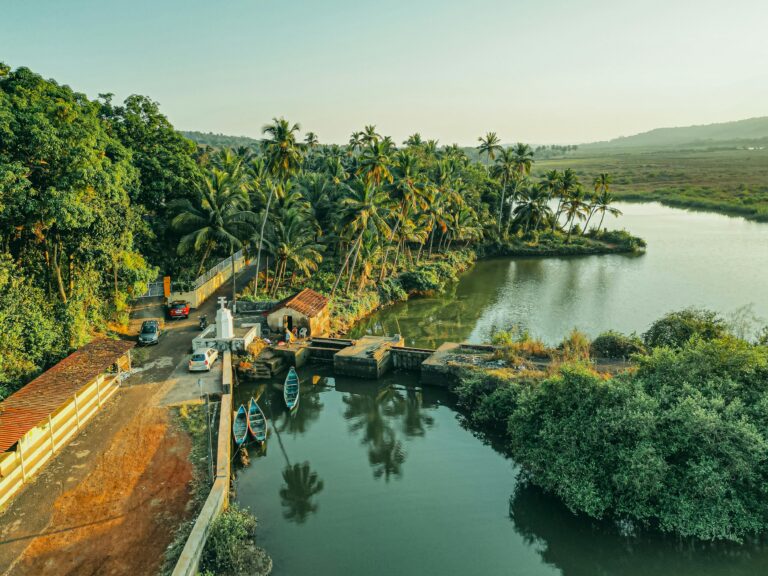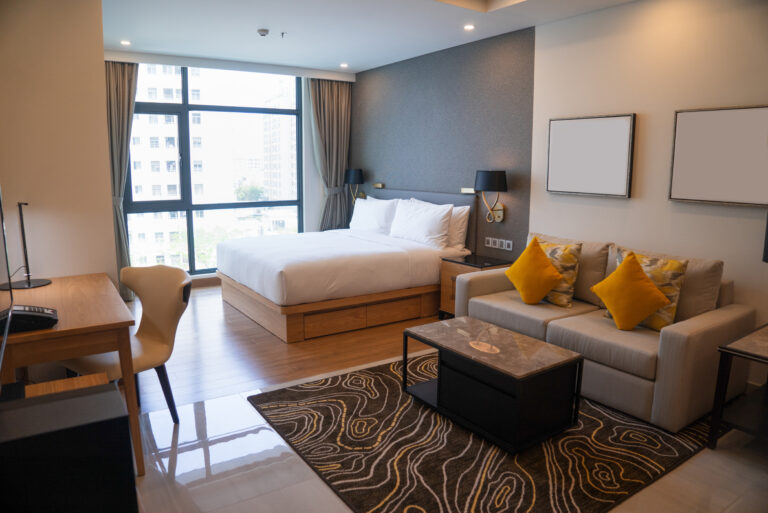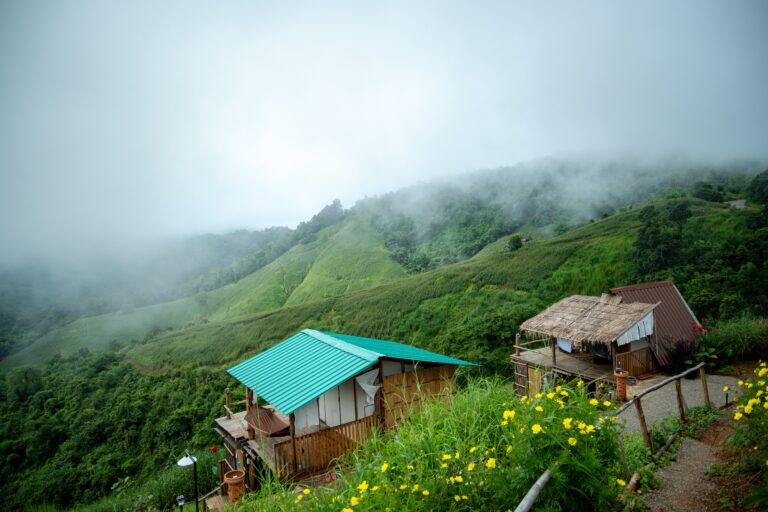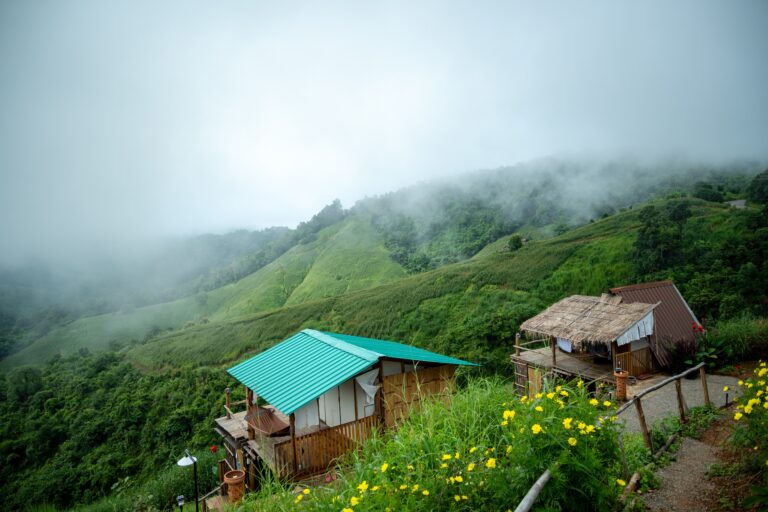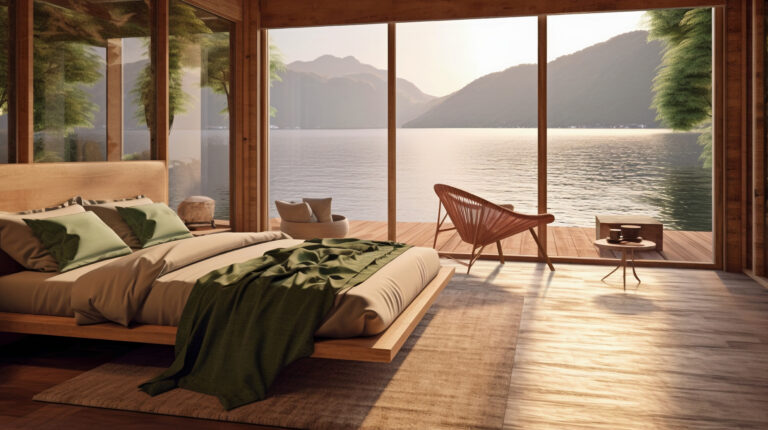Which Is Safer: Airbnb or VRBO? 2025 Safety Comparison Guide

As someone who has spent years comparing every type of travel accommodation imaginable, I can tell you that the question of safety comes up constantly. Planning a vacation for 2025 should be exciting, but if you’re worried about your rental choice, you’re not alone. Recent surveys show only 18% of travelers fully trust vacation rental platforms to properly vet hosts and properties. This makes safety a top priority.
This guide compares the safety measures of Airbnb (check their official news/updates) and VRBO, examining their verification processes, coverage policies, and emergency procedures. Based on current policies and real feedback, I’ll help you make an informed decision for your next trip.
Which Is Safer: Airbnb or VRBO? 2025 Safety Comparison Guide
Platform-Level Safety Measures
Both platforms offer safety protections, but with key differences:
| Feature | Airbnb | VRBO |
|---|---|---|
| Host Background Checks | Performs checks on U.S. hosts using public criminal and sex offender registries | No mandatory background checks; voluntary verification only |
| Guest Verification | Checks certain databases for U.S. guests | Optional identity verification for badge |
| Insurance/Protection | AirCover: Covers cancellations, misrepresentation, check-in issues | Book with Confidence Guarantee: Property guarantee, payment protection, emergency rebooking |
| 24/7 Support Line | Dedicated safety line for urgent issues | Standard customer support line |
From my analysis, Airbnb applies stricter verification for both hosts and guests. While both platforms provide property protection, the actual coverage can be very different.
Coverage & Protection Policies
This is where things get tricky, and where I find most travelers get confused. Understanding your coverage before you book is critical:
AirCover vs. Book with Confidence Guarantee
| Scenario | Airbnb AirCover | VRBO Book with Confidence |
|---|---|---|
| Guest Injury | No direct medical coverage. Relies on host liability insurance ($1M) if host is found liable | No coverage for guest injuries. Must be handled with property owner or personal travel insurance |
| Theft of Belongings | No specific coverage. Guests must use personal travel insurance | Not covered. Separate travel insurance recommended |
| Unsafe Conditions | Provides rebooking or refund if property is unsafe; must contact within 24 hours | Assists with alternative accommodations if property is unusable; must report within 12 hours |
Important: Neither platform provides comprehensive travel or medical insurance. For personal injury or theft protection, additional travel insurance is strongly recommended.
Surveillance & Privacy Policies
Let’s talk about the elephant in the room: cameras. No one wants a surprise audience on vacation, and both platforms have strict, but different, policies.
| Platform | Indoor Cameras | Outdoor Cameras | Hidden Cameras | Penalties |
|---|---|---|---|---|
| Airbnb | Completely banned in all interiors as of April 2024 | Allowed with disclosure; not in private areas | Completely banned | Listing removal, potential account ban, legal action |
| VRBO | Completely banned inside any rental property | Allowed with disclosure | Completely banned | Permanent account removal, possible legal action |
Both platforms strictly prohibit any surveillance devices in bedrooms and bathrooms, with zero exceptions. VRBO’s approach is generally more restrictive, as Airbnb does allow disclosed noise monitors in common areas that don’t record audio.
Host Requirements & Property Standards
Here’s a key difference from hotels: vacation rentals don’t have the same mandatory safety standards. Your safety often depends on how seriously the host takes their responsibilities:
Safety equipment: Smoke detectors, carbon monoxide alarms, and fire extinguishers are recommended but not universally enforced.
Security measures: Lock types, access protocols, and property management vary widely.
Emergency information: Some hosts provide detailed safety instructions while others offer minimal guidance.
These variations can have a greater safety impact in Airbnb’s shared spaces than in VRBO’s whole-home rentals, where you’re less likely to encounter unknown occupants.
Reporting Urgent Safety Issues
Knowing how to report problems quickly is essential for traveler safety:
| Platform | Emergency Process | Platform Response | Typical Response Time |
|---|---|---|---|
| Airbnb | 1. Contact emergency services (built-in dialer) 2. Message host 3. Use “Get Help” feature or 24/7 safety line | Cancel reservation, assist with rebooking, issue refund, potential host removal | Minutes to hours for initial response |
| VRBO | 1. Contact emergency services (no built-in dialer) 2. Contact property owner/manager 3. Call VRBO 24/7 support | Mediate with owner, help relocate, issue refund under guarantee, suspend listings | Minutes for phone support; resolution in hours to a day |
For serious safety concerns like broken locks, gas leaks, or threatening hosts, both platforms commit to helping with relocation and refunds, though Airbnb’s dedicated safety line and emergency dialer feature give it a slight edge in urgent situations.
Handling Fraudulent Listings
Both platforms provide ways for reporting misrepresented properties, but with different approaches:
| Aspect | Airbnb | VRBO |
|---|---|---|
| Reporting Process | In-app reporting or direct support contact | Contact form or “Stay Neighborly” program |
| Evidence Needed | Photos showing differences, communication records, booking confirmation | Photos, communication history, booking details, police reports if available |
| Payment Protection | Payment held from host for 24 hours after check-in | No comparable payment hold; reimbursement after the fact |
| Resolution Timeline | Initial response within hours; faster resolution | Variable timelines; typically days to a week |
Airbnb’s payment hold system provides an advantage in reducing scam risk and speeding up resolution when issues are reported promptly upon check-in.
Privacy & Shared-Space Risks
The fundamental difference in rental types creates distinct privacy considerations. I once booked a place that looked great in photos, but the “secure lock” was just a rusty slide-bolt. That taught me that the type of rental matters deeply.
Airbnb’s shared-space options (private rooms in occupied homes) introduce inherent risks, you’re staying with strangers, potentially sharing bathrooms, kitchens, and common areas. While this can create great local connections, it also introduces unpredictable safety variables.
VRBO exclusively offers entire homes, eliminating these shared-space risks. This whole-property model provides greater privacy and control over who comes and goes, though property standards still depend entirely on individual hosts.
Guest Experiences: Real Safety Stories
The reviews often tell the real story. I’ve seen five-star raves and horror stories on both platforms, which shows just how much the experience depends on the specific host:
– “Our Airbnb host had detailed emergency information posted, working smoke detectors, and secure digital locks, more safety features than many hotels I’ve stayed in.” (5-star review)
– “VRBO property looked nothing like photos. Front door lock was broken, and management company took 6 hours to respond.” (2-star review)
– “Felt uneasy sharing a bathroom with unknown guests in an Airbnb where the host was not present.” (3-star review)
These experiences show that safety quality varies a lot based on individual properties rather than the platforms themselves.
Expert Risk Analysis
Travel safety experts evaluate both platforms on key security metrics:
| Security Feature | Airbnb (1-5) | VRBO (1-5) |
|---|---|---|
| Verification Process | 4 | 3 |
| Support Response | 4 | 3 |
| Property Oversight | 2 | 2 |
As travel security consultant Robert Davidson notes: “Neither platform provides the consistent safety standards found in regulated hotels. Both require guests to be significantly more vigilant about property conditions and emergency preparedness.”
Tips for Staying Safe on Airbnb & VRBO
Read recent reviews thoroughly, focusing on comments about property condition, neighborhood safety, and host responsiveness.
Verify safety equipment is present by asking hosts directly about smoke detectors, carbon monoxide alarms, and emergency exits.
Share your itinerary, property address, and host contact with a trusted friend or family member.
Document any safety issues immediately upon arrival and contact platform support if anything seems concerning.
Purchase travel insurance that covers medical emergencies and theft, as neither platform provides this kind of coverage.
Report problems within the required timeframe (24 hours for Airbnb, 12 hours for VRBO) to qualify for assistance.
Inspect for hidden cameras or surveillance devices upon arrival, especially in private areas.
Remember, your own watchfulness matters regardless of the platform.
Hireavilla.in: A Safer Alternative
For travelers who prefer another option, hireavilla.in provides professionally managed private villas that many find to be a high-quality alternative to peer-to-peer platforms.
Properties are physically inspected and verified, so what you see is what you get.
Offers concierge service and 24/7 support with local staff.
Focuses on private villas with consistent safety features and amenities.
Guests consistently report exceptional experiences, highlighting “unmatched privacy” and “top-notch amenities” available through this curated service.
Conclusion: Picking Your 2025 Stay with Confidence
So, after all that, which one should you choose for your 2025 trip? Neither platform is a clear winner on safety, but they are different in important ways:
Airbnb offers stronger verification and a dedicated safety line but includes riskier shared spaces. Its recently strengthened surveillance policies and payment hold system provide additional guest protection.
VRBO provides greater privacy through whole-home rentals and stricter camera policies but has less rigorous screening procedures and shorter reporting windows for issues.
Your ideal choice depends on your travel priorities. If you prefer stronger verification processes and responsive support, Airbnb may be a better fit. If privacy and avoiding shared spaces are most important, VRBO’s whole-home model reduces certain risks. For the greatest peace of mind, consider a curated platform like hireavilla.in with professionally verified properties.
Regardless of the platform, follow the safety precautions in this guide and consider supplemental travel insurance to ensure your 2025 travels are both memorable and secure.
Frequently Asked Questions
What is safer, Airbnb or VRBO?
Neither is universally safer. Airbnb offers stronger verification processes and a dedicated safety line but includes riskier shared spaces. VRBO provides greater privacy through whole-home rentals but has less rigorous screening. Safety on both platforms ultimately depends on individual properties and hosts.
Is Airbnb 100% safe?
No vacation rental platform is 100% safe. While Airbnb has implemented safety measures like background checks and AirCover protection, safety standards vary significantly between properties and hosts. Guests should always read reviews carefully and take personal safety precautions.
Does Airbnb or VRBO cover guest injuries or theft?
Neither platform provides direct coverage for guest injuries or theft of personal belongings. In injury cases, Airbnb guests may file claims against the host’s liability insurance if the host is liable. For theft protection on either platform, separate travel insurance is recommended.
What happens if my rental is unsafe or misrepresented?
Both platforms offer assistance with rebooking and refunds for unsafe or significantly misrepresented properties. Airbnb requires reporting within 24 hours of discovery, while VRBO requires reporting within 12 hours of check-in. Documentation like photos and messages significantly improves claim outcomes.
Are cameras allowed in Airbnb or VRBO properties?
As of 2024, both platforms completely ban indoor cameras in all areas of rental properties. Outdoor cameras are allowed with proper disclosure. Hidden cameras are strictly prohibited on both platforms, with violations resulting in account removal and potential legal action.
Who charges more, VRBO or Airbnb?
Pricing varies by location and property, but VRBO generally has higher average prices because it exclusively offers entire homes. Airbnb’s diverse inventory includes more budget options like private rooms. Both platforms charge similar service fees (typically 14–16% total).
Are Airbnb and VRBO owned by the same company?
No, Airbnb and VRBO are not owned by the same company. Airbnb is a standalone company, while VRBO is owned by Expedia Group.

